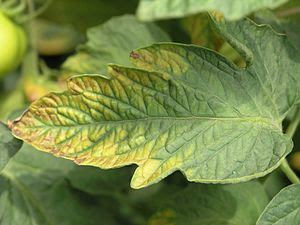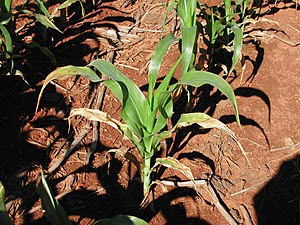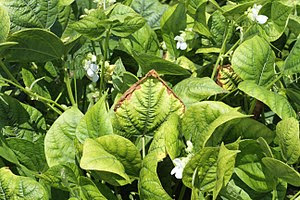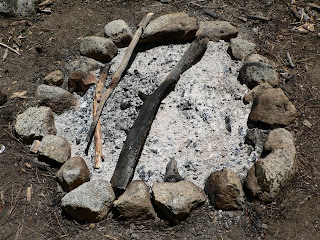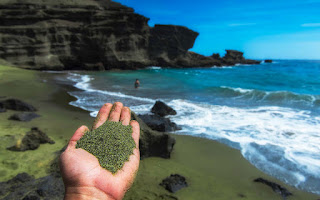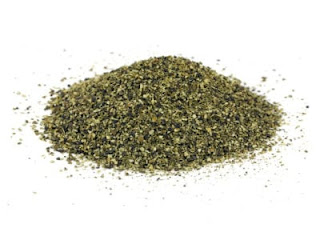Plant nutrients and it's importance:
Plants, just like us need nutrients and having great interest in gardening, we would have definitely tried out different fertilizers. We will now see about what nutrients plants actually need and in addition to this we will also see when is the right time to provide the plant nutrients.
Importance of noting various signs in plants, to identify the kind of nutrient lacking in the plant:
You need not be an expert farmer or gardener to know these, as this is not rocket science. These are just simple gardening tricks and gardening tips that you need to know.
Signs in the leaves and what do they indicate:
First we will see certain signs in leaves and will see which nutrient deficiency causes these signs, so that we can supply the plant with those specific nutrients.
Check out for brown spots in the leaves especially in the edges, yellowing of veins, yellow edges and brown veins.
In addition to these signs curling of leaves, purple spots under the leaves should also be looked for. Mostly these deficiency symptoms will begin to appear in older leaves.
What happens if these signs are left unnoticed:
This when left unnoticed will lead to overall reduction in plant growth including reduced root development, seed and fruit development.
If you notice any of these or most of these symptoms then it is definitely due to potassium deficiency. Potassium is the 3rd most important nutrient required by plants.
Potassium deficiency and plant diseases:
Moreover, potassium deficiency will lead to more diseases in plants, this is because the thickening of cell walls in plants will not happen properly. This is because when adequate amount of potassium is present, silica will be accumulated and incorporated into the cell wall thus strengthening the cell wall which functions as a physical barrier to the pathogens which cause plant diseases.
So now let's see what we can do to increase the level of potassium. We will look into certain natural sources of potassium.
Natural sources of potassium:
Seaweed, wood ash, crop residue, manures, kelp meal, green sand (which can be got in the nursery), fruit peel fertilizer - especially banana peel fertilizer and coffee grounds.
